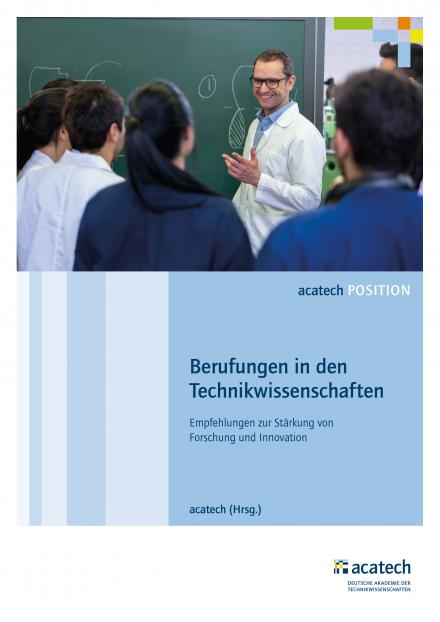
acatech (Hrsg.)
Industry 4.0, Urban Development and German International Development Cooperation
Industry 4.0 has high potential to positively impact the economic development of cities in developing countries and emerging economies. It can help to promote a green urban economy and contribute to sustainable developement. However, the success of its potential benefits is also dependent on the appropriate economic and urban framework conditions being in place.
In this position paper, acatech makes recommendations on how the framework conditions should be addressed by German developement cooperation. India is proposed as a very suitable partner for further action. This position paper is the final report of the acatech project on "Advanced Manufacturing/Industry 4.0 an Urban Development" which was commissioned by the Deutsche Gesellschaft für Internationale Zusammenarbeit GIZ on behalf of the BMZ. It was carried out in cooperation with the Indian National Academy of Engineering.
Leseproben
-
Drahtheftung: 48 Seiten Format: 19,5 x 26 ISBN 978-3-8316-4495-7 Erschienen: 15.01.2016 24,00 € (Preisbindung aufgehoben)
In den Warenkorb -
Ebook (PDF): 45 Seiten Format: 19,5 x 26 ISBN 978-3-8316-7193-9 Erschienen: 21.01.2016 16,99 €
Bei Ciando kaufen
 utzverlag
utzverlag


